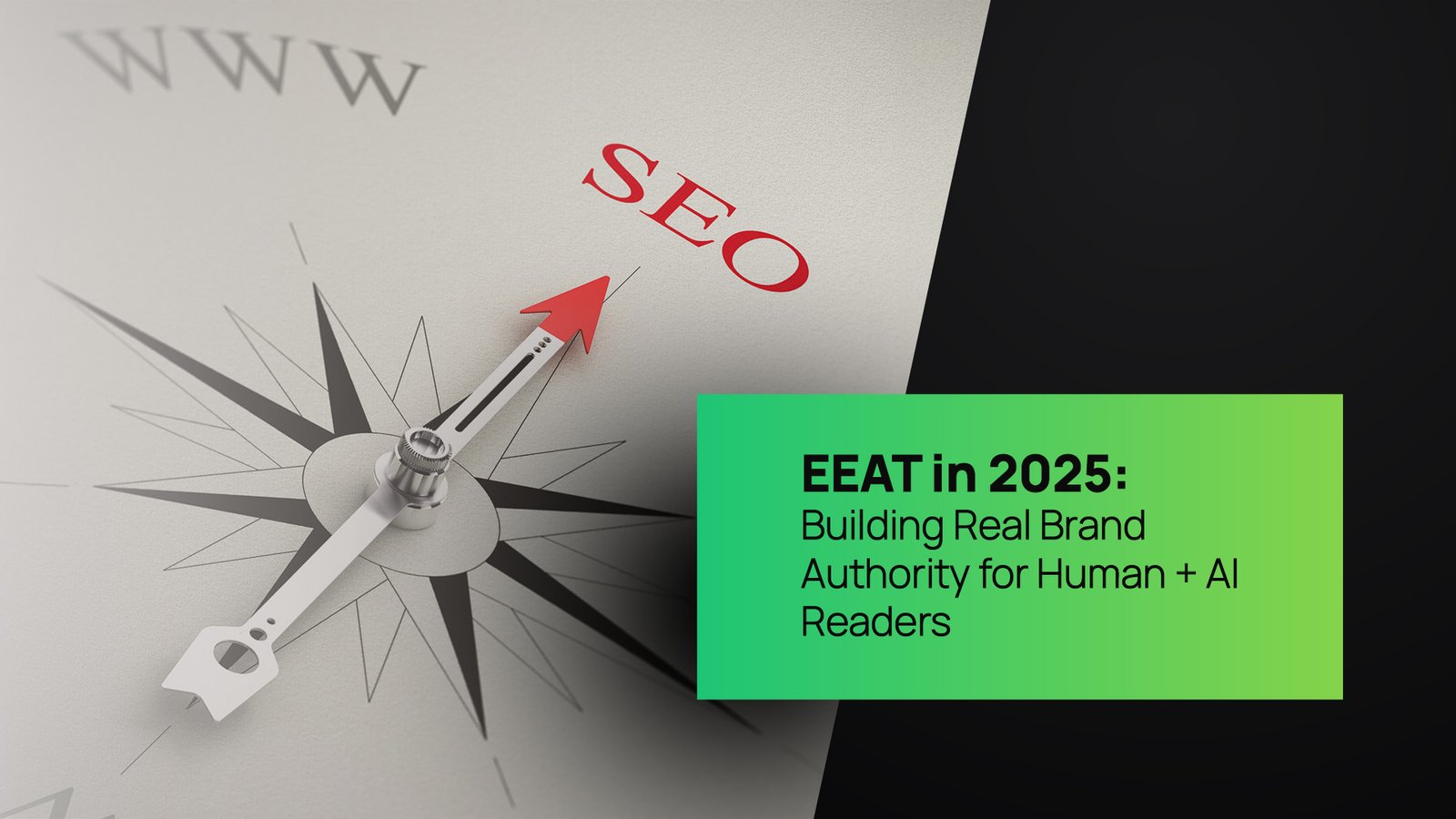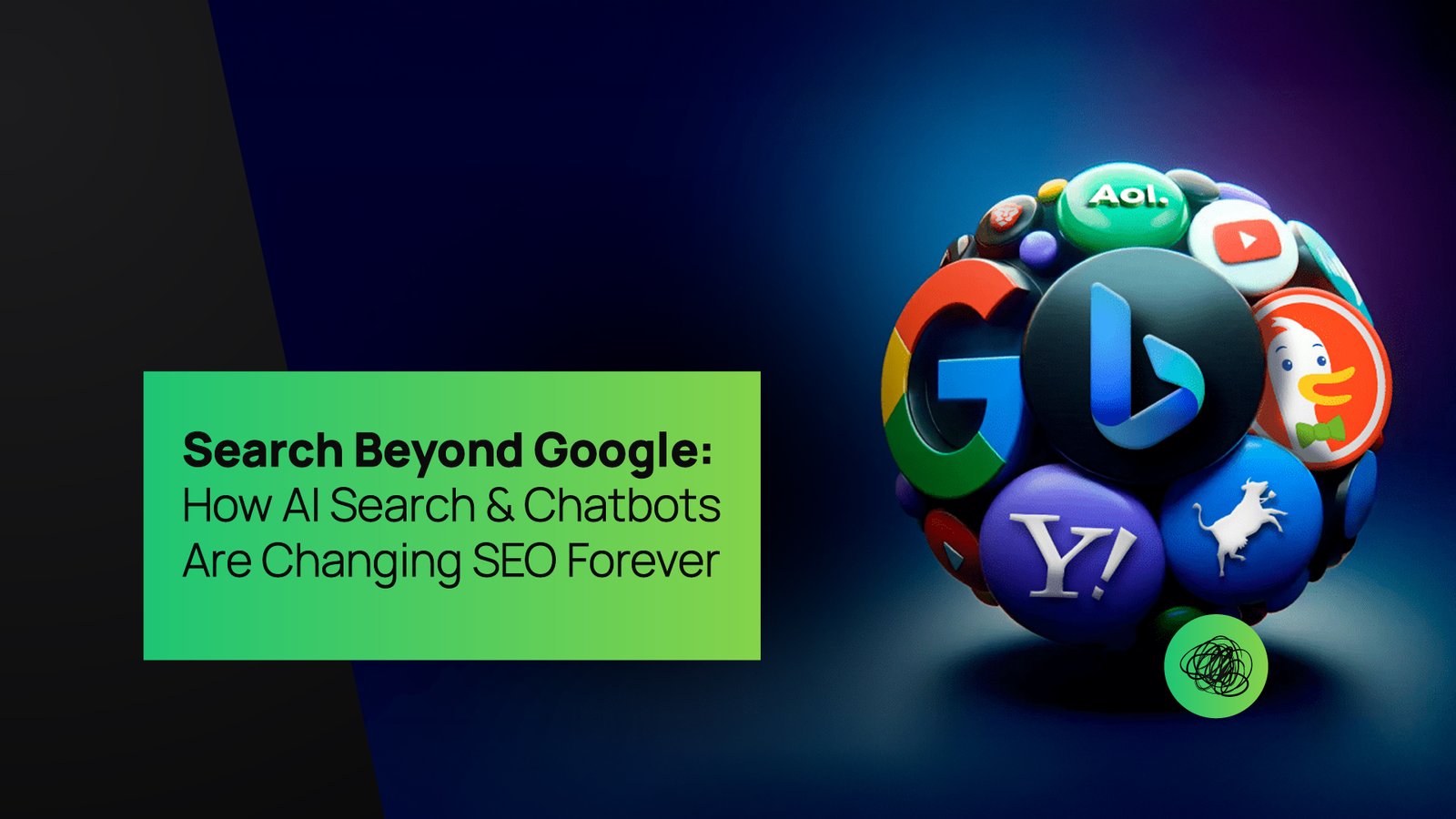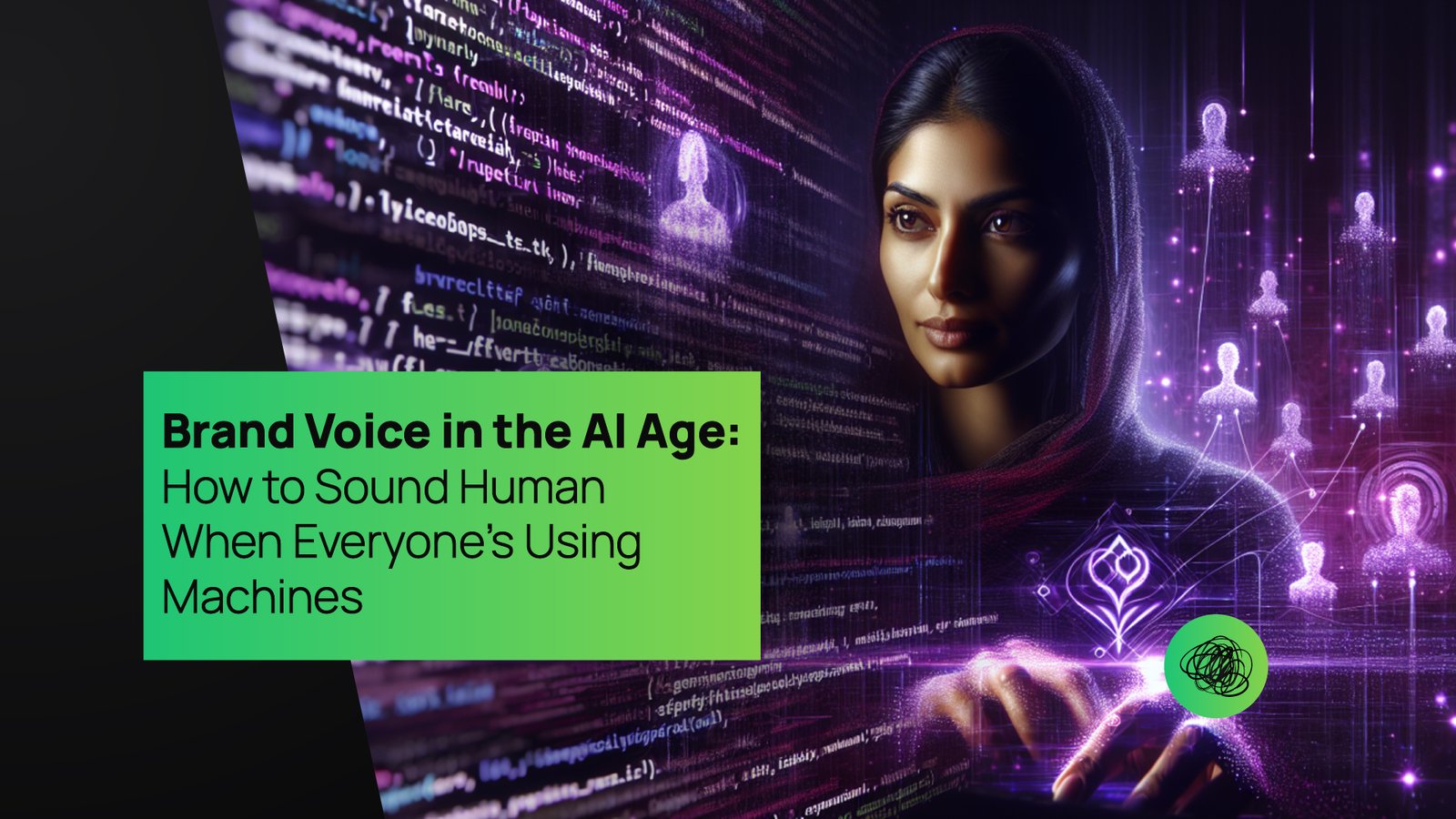In 2025, the digital landscape has evolved, and so has Google’s approach to evaluating content quality. The introduction of Experience to the traditional E-A-T framework has reshaped how content is assessed. This shift emphasizes the need for brands to demonstrate genuine experience, expertise, authoritativeness, and trustworthiness to succeed in SEO. In this context, Thinkster stands out as a prime example of how to integrate these principles effectively.
Understanding EEAT in 2025
Experience, Expertise, Authoritativeness, and Trustworthiness (EEAT) form the cornerstone of Google’s content evaluation. While Expertise and Authoritativeness have been long-standing criteria, the addition of Experience in 2023 marked a significant change. Google now prioritizes content that reflects real-world experience, especially for topics that impact users’ well-being, such as health, finance, and education Google for Developers.
For instance, a fitness blog that shares personal transformation stories provides firsthand experience, aligning with Google’s emphasis on Experience. Similarly, content that showcases the author’s qualifications and real-world applications of knowledge enhances both Expertise and Authoritativeness.
Building Brand Authority Through EEAT
Establishing brand authority requires a multifaceted approach:
- Demonstrating Experience: Sharing personal stories, case studies, and practical applications of knowledge helps build credibility. For example, Thinkster’s use of patented AI technology to provide personalized tutoring experiences showcases their commitment to delivering real-world value to users.
- Showcasing Expertise: Publishing well-researched, in-depth content that addresses user needs positions a brand as an expert in its field. Thinkster’s focus on delivering high-quality educational content reflects their expertise in the EdTech industry.
- Establishing Authoritativeness: Gaining recognition from reputable sources, such as industry publications and academic institutions, enhances a brand’s authority. Thinkster’s collaborations with educational experts and institutions contribute to their authoritative standing.
- Building Trustworthiness: Being transparent, providing accurate information, and maintaining consistency in content quality fosters trust. Thinkster’s commitment to ethical AI practices and transparent operations reinforces their trustworthiness.
Implementing an EEAT SEO Strategy
To align with Google’s EEAT guidelines, brands should:
- Create People-First Content: Focus on delivering value to users rather than optimizing solely for search engines. Content should address user intent and provide comprehensive answers to their queries.
- Leverage AI Responsibly: While AI can assist in content creation, it should not replace human oversight. AI-generated content must be reviewed and refined by experts to ensure accuracy and relevance.
- Engage with the Community: Actively participating in industry discussions, forums, and social media platforms helps build a brand’s reputation and authority.
- Monitor and Adapt: Regularly assess content performance and user feedback to make necessary adjustments, ensuring content remains relevant and authoritative.

Human-First Content Strategy in the Age of AI
In a world increasingly influenced by AI, maintaining a human-first approach is crucial. This strategy involves:
- Prioritizing User Experience: Designing content and interfaces that are intuitive and user-friendly enhances engagement and satisfaction.
- Emphasizing Authenticity: Genuine, relatable content resonates more with audiences and fosters deeper connections.
- Balancing Automation with Human Input: While AI can streamline processes, human creativity and judgment are essential for producing high-quality content.
Thinkster exemplifies this approach by integrating AI technology with personalized human interaction, ensuring a balanced and effective learning experience.
AI-Generated Content and EEAT
AI-generated content has become prevalent, but it poses challenges in meeting EEAT standards. Google has updated its guidelines to address this:
- Quality Over Quantity: AI content must be of high quality, providing real value to users. Simply generating large volumes of content is insufficient.
- Human Oversight: AI-generated content should undergo thorough review by human experts to ensure accuracy and relevance.
- Transparency: Clearly disclose the use of AI in content creation to maintain trust with users.
Thinkster’s use of its patented AI coach, which provides explainable and personalized learning experiences, aligns with these guidelines, demonstrating how AI can be utilized responsibly to enhance EEAT.
The Role of Thinkster in Demonstrating EEAT
Thinkster’s innovative approach to education technology serves as a model for integrating EEAT principles:
- Experience: By offering personalized tutoring powered by AI, Thinkster provides students with tailored learning experiences that reflect real-world applications.
- Expertise: Thinkster’s team comprises educational experts and AI specialists who collaborate to create effective learning solutions.
- Authoritativeness: Through partnerships with educational institutions and recognition in the EdTech industry, Thinkster has established itself as a trusted authority.
- Trustworthiness: Thinkster maintains transparency in its operations and adheres to ethical standards in AI development, fostering trust among users.
Conclusion
As we navigate the digital landscape in 2025, adhering to Google’s EEAT guidelines is paramount for building brand authority. By focusing on Experience, Expertise, Authoritativeness, and Trustworthiness, brands can enhance their visibility and credibility in search results. Thinkster exemplifies how integrating these principles with innovative technology can lead to success in the evolving SEO landscape.


